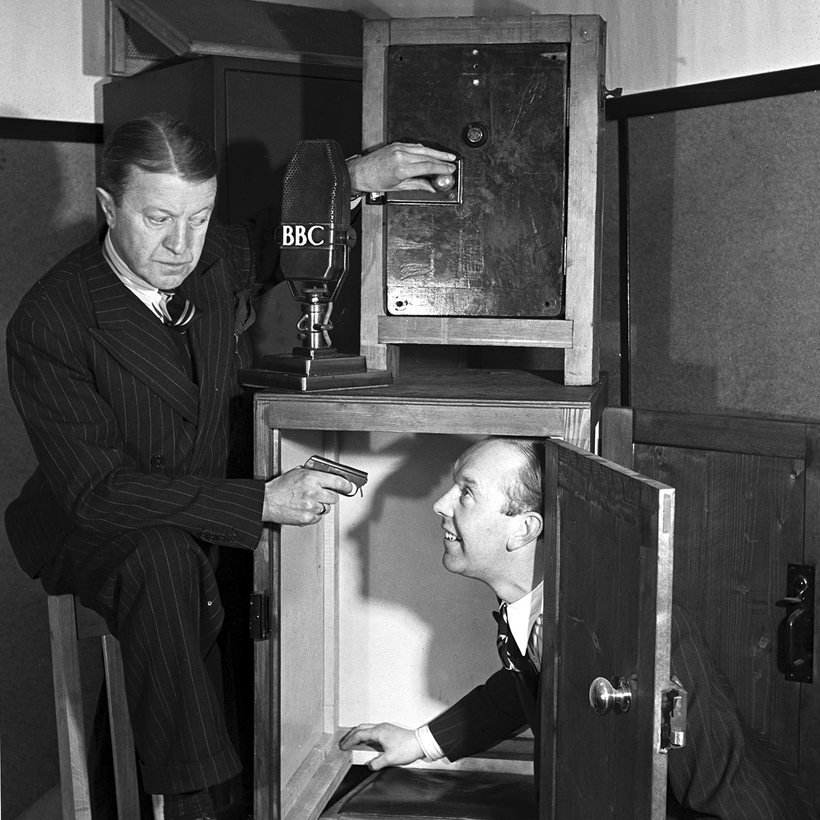The BBC: A Century on Air by David Hendy
At first glance, David Hendy’s new book on the BBC looks unwelcoming at nearly 600 pages long. The title, too, is a bit underwhelming.
Furthermore, the advance edition has a back page which highlights a list of BBC successes, beginning with Downton Abbey—not a BBC show at all, but one that first aired on a rival commercial channel, ITV. Americans will remember, from decades ago, the major hit Upstairs, Downstairs. That was also assumed to be a BBC show because of its palpable Britishness. It, too, was produced by ITV!

